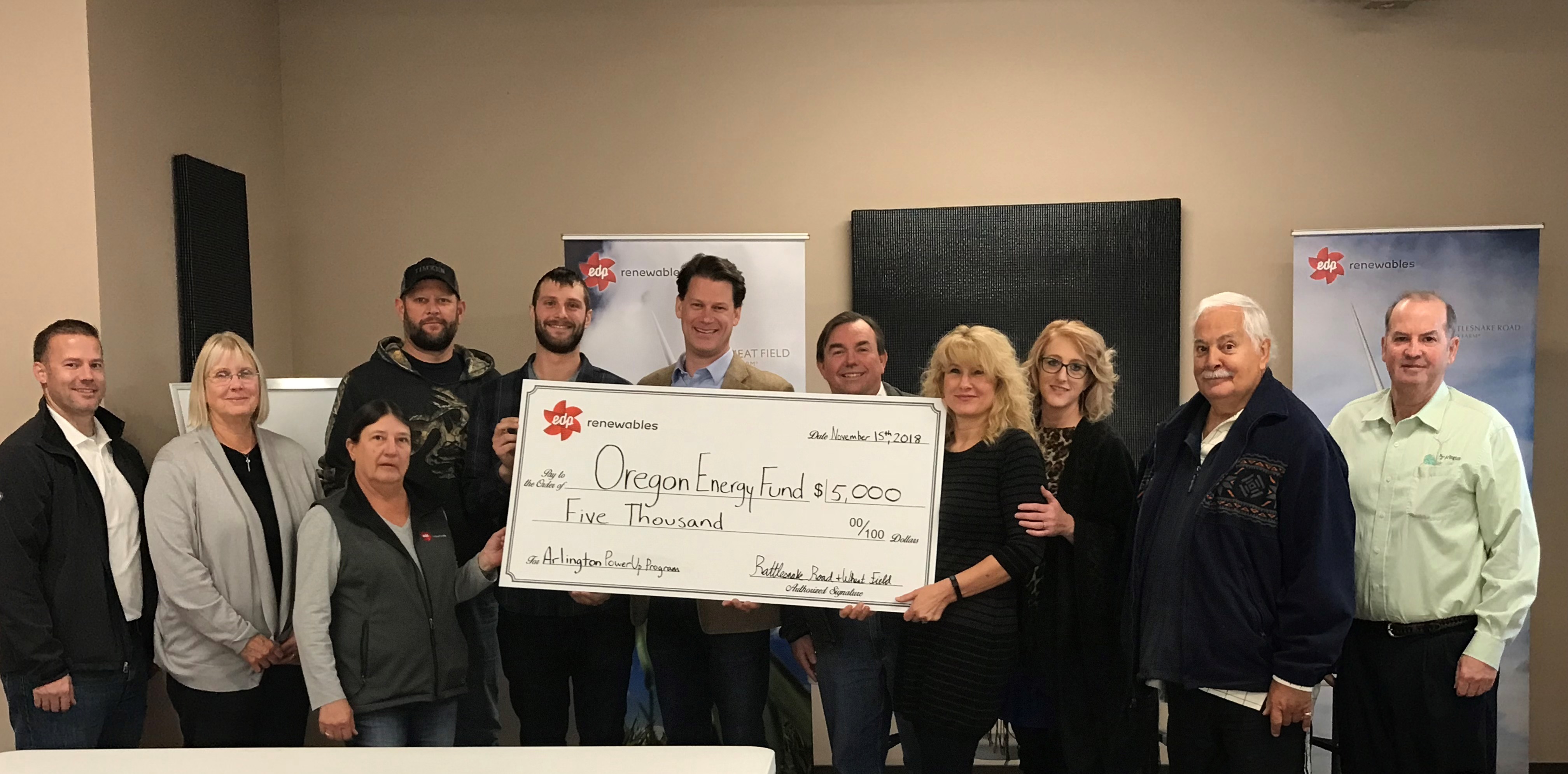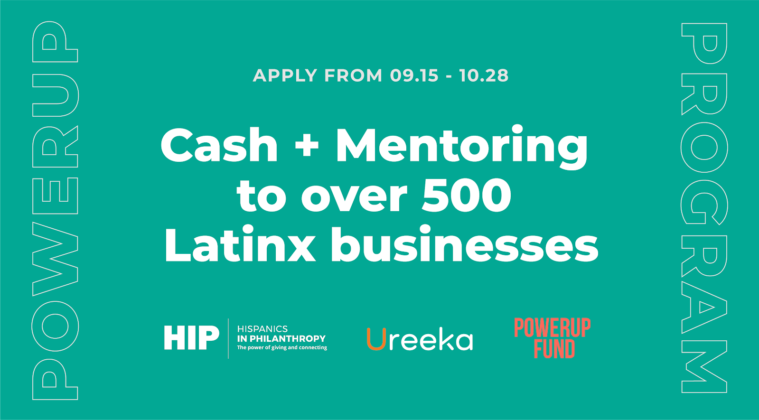
This type of investment brings the possibility of economic equity and can serve as an important source of support for often overlooked small businesses and startups led by people of color.įor me, the PowerUp Fund at Hispanics in Philanthropy (HIP) has increased my knowledge of how investment vehicles can serve as tools that can begin to create a more equitable economy. Through impact investing, groups such as local community development financial institutions (CDFIs) and national foundations, as well as socially motivated individuals, can direct their investments to place impact and equity at the forefront of returns. Impact investing is a form of using capital to ensure environmental or social impact for communities and individuals, alongside financial returns. Beyond grant capital support, HIP saw an opportunity to catalyze philanthropic capital into an impact investing strategy. In fact, it was these challenges that persuaded HIP to embark on developing a new strategy that centered racial and economic equity for Latinx businesses and founders. Moreover, between 2015 and August 2020, only 2.4 percent of total venture capital funding went to Black and Latinx founders.Īs we seek to move our Latinx- and Black-owned businesses past survival mode and seek to build a more equitable economy in the face of an unprecedented pandemic and ongoing systemic racism, a variety of supports are needed. A Stanford survey found that in 2020, Latinx-owned businesses faced much greater barriers to getting PPP funding than white-owned businesses. Latinx-owned businesses also experienced higher barriers to access to Paycheck Protection Program (PPP) funding.

For example, during the pandemic and shelter-in-place ordinances, 86 percent of Latinx business owners reported that COVID-19 negatively affected their businesses. To scale a business, then and now, requires access to capital and a network you can tap into for resources, guidance, and connections. Yet we know investment is critical to business success. My experience running a local business had seemingly little to do with what I learned in these college “business” classes. Instead, my peers and I would discuss startups, investment portfolios, diversification strategies, and unlocking wealth within the companies where we might place investments. In college, when people talk about investments, economic mobility is rarely part of the discussion. This experience made me aware of how many entrepreneurs with similar backgrounds lacked the financial and social capital to begin, sustain, and scale their businesses beyond our communities.Īs I consider this, I recall too my experience when I studied business in college.

In my neighborhood and across the country, Latinx businesses are more than providers of goods and services they are oases for cultural and community outreach. As a young person, I experienced firsthand the growing pains of sustaining a small business that predominantly served members of my community in South Los Angeles and failed to grow beyond the local market.


 0 kommentar(er)
0 kommentar(er)
